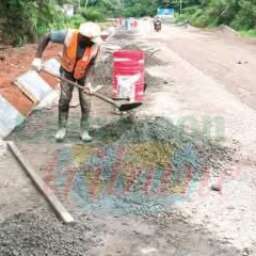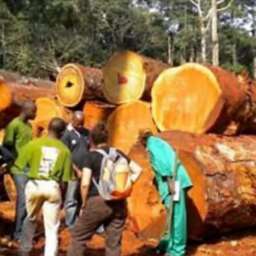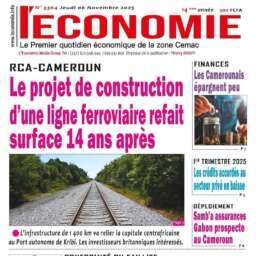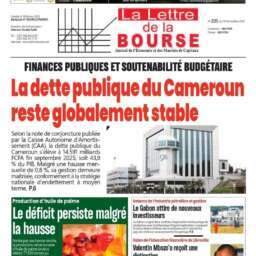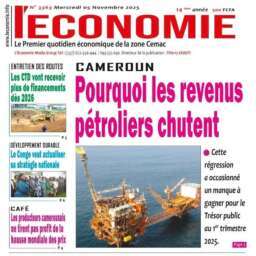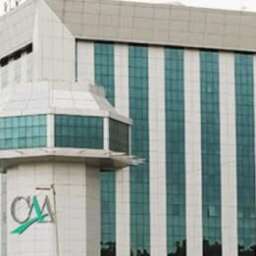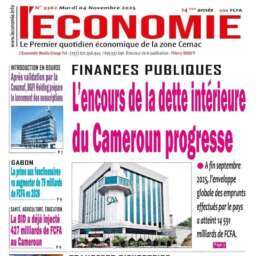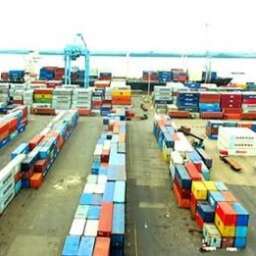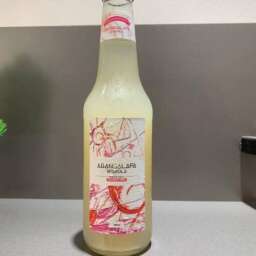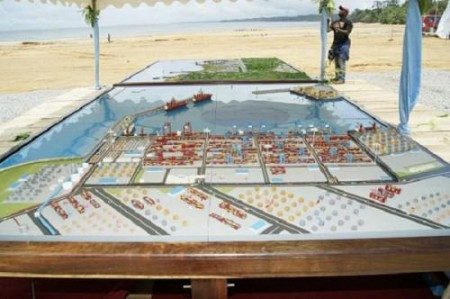(Business in Cameroon) – Kribi Deep seaport is steadily establishing itself as a significant industrial hub, attracting substantial investment from companies spanning sectors such as cocoa, cement, milling, and logistics. Between 2018 and 2025, industrial firms have poured nearly 400 billion CFA francs into the port’s industrial zone.
This investment figure was disclosed on May 15 in Douala by Patrice Loumou, head of industrial planning and development at the Kribi Autonomous Port (PAK). Loumou was speaking during a debate on the mining sector organized by the Cameroonian firm Innogence Consulting, founded by Landry Djimpe.
Fifty-Three Projects Authorized
PAK has allocated 15,000 hectares for its industrial zone, designated by presidential decree. To date, Loumou confirmed, 53 occupancy permits have been issued to companies engaged in heavy industry, services, or logistics, encompassing both pure and hybrid operations.
The first contract, signed in 2018, was with Atlantic Cocoa, a subsidiary of Atlantic Group owned by Ivorian businessman Koné Dossongui. He invested over 30 billion CFA francs in a cocoa processing plant with an initial capacity of 48,000 tons, expandable to 64,000 tons annually. PAK estimates Atlantic Cocoa’s total investment program in Cameroon at 98 billion CFA francs.
Two other industrial units have also begun operations over the past two years. The first is Cimpor, a Portuguese cement producer, which invested 37 billion CFA francs to establish a plant on six hectares capable of producing one million tons of cement annually.
Another key project is a flour mill developed by the Cadyst Group, owned by Cameroonian billionaire Célestin Tawamba. This project, spanning over 2.5 hectares, involved a 13.5 billion CFA francs investment for an annual capacity of 100,000 tons of wheat processed into flour (equivalent to about 12,000 50-kg bags per day), primarily destined for pasta production.
Additionally, a project to construct a bitumen production plant, alongside a mini oil refinery with a capacity of 10,000 barrels per day, is underway in the Kribi industrial-port zone. Led by All Bitumen Plc, this venture represents a 161 billion CFA francs investment and is expected to yield an annual production capacity of 250,000 tons of bitumen.
Ambition Meets Energy Challenge
Thanks to its strategic position and robust infrastructure, the Kribi port is poised to become the primary export hub for minerals from several developing mining projects. “Kribi will become an essential industrial and logistics lever in Cameroon’s development strategy,” Patrice Loumou asserted.
However, this rapid industrial growth faces significant constraints, particularly concerning energy supply. The city of Kribi currently has only 13 MW of electricity available locally, despite the thermal power plant operated by Globeleq producing 176 MW. The substantial surplus is routed to the Southern Interconnected Grid (RIS), which deprives local industries of the stable power supply essential for their competitiveness.
Frédéric Nonos

